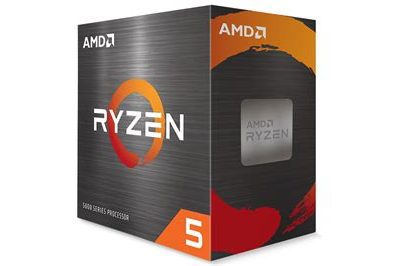

Epic Games Store suffers epic losses
The Epic Games Store is projected to lose $300 million this year after making over 100 exclusivity deals and giving away free games each week, according to reports.
Due to the lawsuit with Apple, information has come to light regarding how well the publisher is doing financially. Particularly in regards to their PC games launcher. Epic spent $444 million in 2020 for timed exclusivity deals paid to developers to keep their games off steam. For example, $10.45 million was paid to Control publisher 505 Games for one year’s worth of exclusivity rights.
Now, in the world of business, there’s the old adage that you have to spend money to make money. So these big numbers wouldn’t mean so much if we were seeing a positive return on investment. However, that does not seem to be the case. Epic reportedly made $700 million in sales last year off EGS. The vast majority of which was spent on first party games such as Fortnite and its associated microtransactions. Third party sales only amounted to $265 million. Half of what was spent on customer acquisition.
EGS is expected to continue bleeding money, with a projected loss of $139 million dollars for the 2021 fiscal year
Epic originally launched the retailer back in 2018 as a competitor for Valve’s Steam platform. The store promised to only take a 12% cut from game sales versus the 30% cut Steam and other third party retailers were taking. The move was highly appealing to some publishers. Particularly smaller indie and Double A studios. However, response from the broader PC gaming community was tepid at best.
Gamers noted the store lacked many features that were standard across most other launchers. Notably a lack of community features such as forums and means for contacting developers regarding issues. The store also lacked a shopping cart, and initially launched with a very convoluted refund process. In short, it was accused of being heavily focused on the publisher side of the business while offering little of value to consumers. Furthermore, the way in which games were being sourced for the platform proved to be extremely tone deaf on Epic’s part. If there’s one dirty word in the PC gaming community, it’s “exclusive”. So seeing games leave platforms like Steam for EGS only stoked anger towards the retailer. Oh, and there’s also that little matter of alleged data mining, and the company’s connections to Chinese Communist Party linked megacorp Tencent.
While Epic works to slowly fix the store’s issues, the general consensus today is that EGS is still objectively inferior to Steam. Indeed, many admit to only using the store to grab the weekly free games, and never look at it otherwise. Something which is backed by the unimpressive sales figures. The practise is similar to the concept of “show rooming” in the physical retail space. Where customers browse without actually buying anything, or will go buy those products elsewhere. Indeed many gamers seem to prefer waiting the year for games to release on Steam, rather than dealing with Epic’s storefront.
Epic is also facing further competition through Microsoft’s PC Game Pass, which offers free access to a wide assortment of games for a fixed monthly price. Many major third party studios have also opened their own launchers. After all, if you’re EA and have the resources to do so, getting a 100% cut of sales is sure better than 88%.
While the Epic Games Store is not likely to go away in the near future, those lucrative exclusivity deals with publishers have become economically unsustainable. Especially all those freebies. So it’s likely we’ll see the store start to restructure, and become a lot less generous in the future, should they want to survive.
Source: PC Gamer


